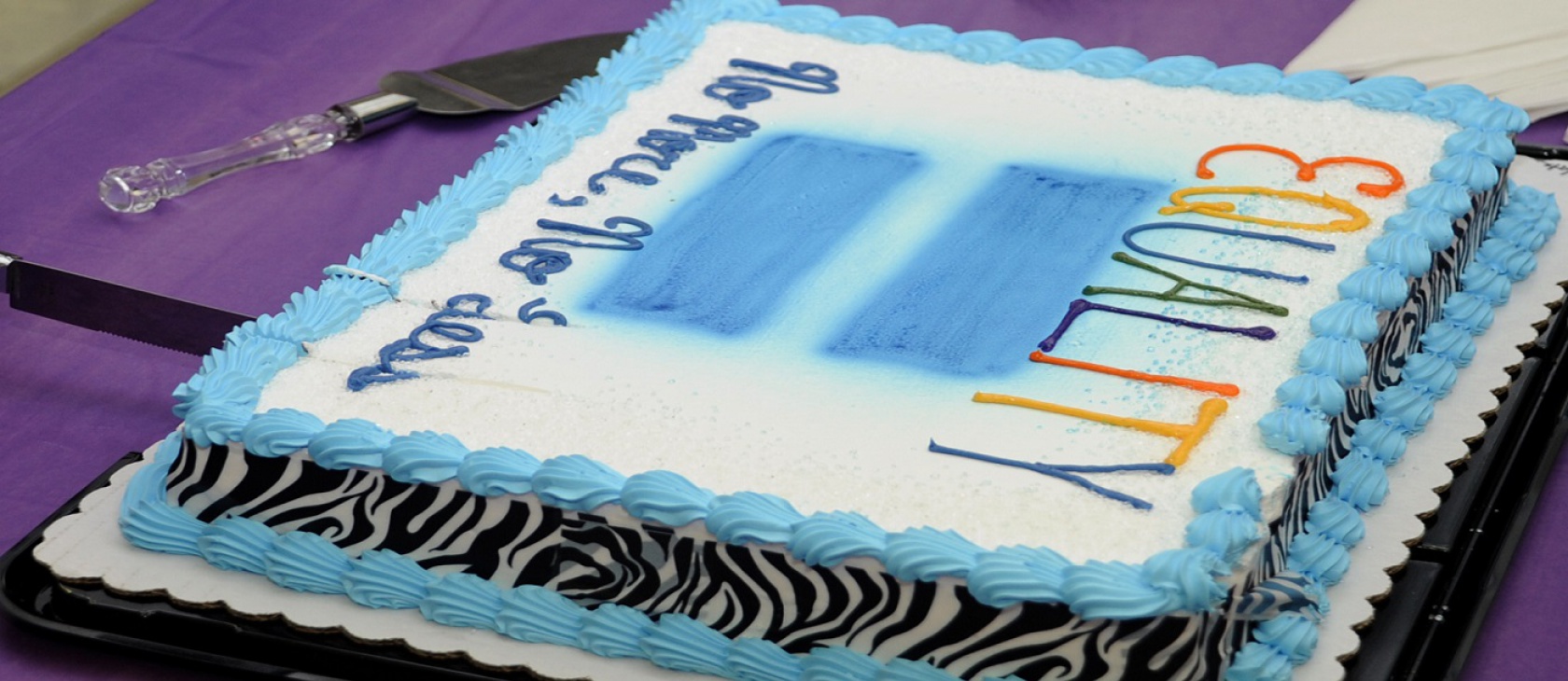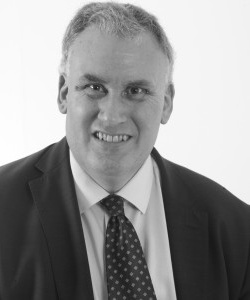This morning, the Supreme Court of the United Kingdom delivered a stunning victory for religious liberty.
In the case of Ashers Baking Company, the Supreme Court unanimously upheld individual conscience rights, property rights, and the right to personal autonomy not to be forced into supplying goods and services to promote a belief with which one profoundly disagrees.
“The UK’s most senior judges have made a clear, comprehensive, and positive ruling in favour of freedom of speech and freedom of conscience for all business owners,” said Simon Calvert, the deputy director of the Christian Institute, which represented the Ashers. “Equality laws are there to protect people from discrimination, not to force people to promote causes they oppose. We are delighted that today the Court has strongly endorsed that view.”
The ruling came two days after Brett Kavanaugh was sworn in as an Associate Justice of the U.S. Supreme Court, after a battle that laid bare the cultural and political divide in that country. The Supreme Court is somewhat different in the UK but with the same underlying tensions.
The case involved a bakery in Belfast run by a Christian family, the McArthurs. In May 2014, the Ashers declined a $50 order placed by an LGBT activist named Gareth Lee to make a cake with the slogan “Support Gay Marriage.” The message, said the family, was contrary to their deeply held Christian beliefs.
Unsurprisingly, the equality establishment entered the argument in the form of the eerily named Equality Commission of Northern Ireland. The ECNI launched a case against the bakery, alleging discrimination on the grounds of sexual orientation. The family lost in the first-tier court, lost in the Court of Appeal, and today’s judgement is the UK’s final court of appeal.
In essence, the Supreme Court found that the bakery objected to promoting a message to redefine marriage. The court pointed out that the European Convention on Human Rights protects a person from being obliged to manifest a belief which he does not hold.
The bakery did not object to serving homosexuals, including Lee, whom they had served before and offered to serve again. The bakery never enquired about any customer’s sexual orientation. The ruling makes clear that “the bakery would have refused to supply this particular cake to anyone, whatever their personal characteristics. So, there was no discrimination on grounds of sexual orientation.”
The court ruling adds that “the substantive questions raised are undoubtedly of general public importance, not only in Northern Ireland but also in the rest of the United Kingdom.” This strikes me as rather an understatement. The principles of free speech, religious freedom, and freedom of conscience at stake in this case should interest everyone in the West – especially as their tax dollars funded the legal efforts to suppress them.
The Equality Commission of Northern Ireland has with an annual budget of some $6.5 million, supplied by the British taxpayer. That includes me and everyone in Northern Ireland. The ECNI openly advocates legislation in Northern Ireland permitting same-sex marriage, despite the fact that the Northern Ireland legislature has rejected five attempts to change the definition of marriage since October 2012. So, the embedded bureaucracy’s views counter those of the nation’s elected representatives. The ECNI has abused its position and role. It has exploited Lee, and it has wrenched legislation out of legal context by seeking to apply a law to cases in which it had no bearing.
Although the cases were not identical, the justices discuss in their judgement the recent U.S. Supreme Court case Masterpiece Cakeshop Ltd. v. Colorado Civil Rights Commission. In paragraph 14 of the judgment the UK Supreme Court said:
The Court of Appeal expressed some concern that the correspondence between the ECNI and the bakery may have created the impression that the ECNI was not interested in assisting members of the faith community when they found themselves in difficulties as a result of their deeply held religious beliefs (para 106). It is obviously necessary for a body such as the ECNI to offer its services to all people who may need them because of a protected characteristic and not to give the impression of favouring one such characteristic over others.
Not only did the Equality Commission of Northern Ireland spend $350,000 of taxpayers’ money on a discrimination case that involved no discrimination, but the UK Supreme Court suggests that ECNI is itself….discriminatory.
Do we really need all these government commissions, whether in Colorado or Northern Ireland? Why is my tax money being spent on these “search and destroy” exercises against people of faith and conscience? Do you not think we can manage with fewer of these state-funded inquisitorial outfits?
The UK Supreme Court often drives, rather than thwarts, these efforts. Justices are appointed by the judicial authorities, and there is no equivalent to the confirmation process of the U.S. Senate. Their judicial activism has affected rulings involving Brexit (in which the Supreme Court sought to place obstacles in front of the government’s exit plan) and other religious liberty cases concerning the wearing of Christian symbols or offering bed and breakfast accommodations only to married heterosexual couples. That made today’s unanimous victory anything but certain.
Calvert paid “tribute to the McArthur family and the gentle and respectful way they have conducted themselves throughout this process. They have a peace that comes from trusting in God whatever the outcome.” Thankfully, the outcome in this case respected their inalienable rights, rather than destroying their family business and their dreams – or compelling them to advocate a doctrine that violates their faith.
We must never give up in defending religious liberty.
(Photo credit: Public domain.)












